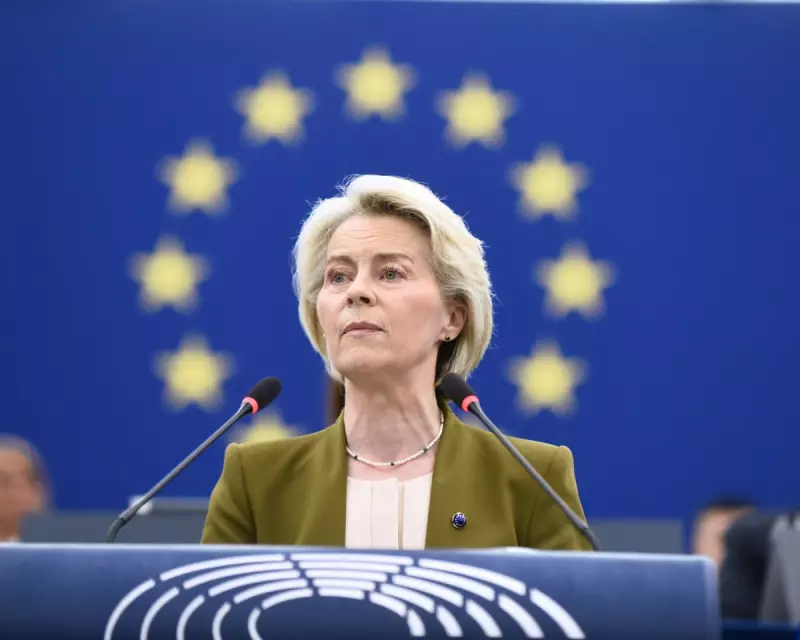
A significant new post-Brexit flashpoint has emerged as France pushes for stringent new limits on British involvement in the European Union's flagship defence programme. The proposal, which has been seen by The Guardian, aims to cap the value of UK-made components in any EU-funded defence project at just 30%.
The move, tabled by French officials, is a direct challenge to Britain's thriving defence sector and threatens to sour diplomatic relations. It represents a hardline interpretation of the EU's strategic autonomy goals, effectively creating a barrier for UK firms hoping to be major suppliers to projects financed by the €8 billion European Defence Fund (EDF).
A Blow to British Industry and Collaboration
This proposed rule would mark a dramatic shift from the current interim arrangements. UK companies had been operating under a generous 50% threshold, allowing them to remain deeply integrated into crucial European defence supply chains. The new 30% ceiling would force consortium leaders to drastically reduce their reliance on British technology and expertise or risk losing lucrative EU funding entirely.
Industry leaders have warned that such a cap is not just a bureaucratic hurdle but a potential deal-breaker. Many complex defence systems, from advanced radar to missile technology, rely on specialised components that British manufacturers excel at producing. Finding alternative EU-based suppliers for these high-tech parts is often impossible in the short term, potentially delaying vital defence projects and increasing costs.
Diplomatic Tensions and the Road Ahead
The French proposal is expected to be met with fierce resistance from other member states, including Germany, Italy, and Sweden, whose defence giants frequently collaborate with and depend on UK suppliers. These nations favour a more pragmatic approach that maintains strong industrial ties with Britain, a NATO ally with leading-edge capabilities.
The European Commission, led by President Ursula von der Leyen, now finds itself in a delicate position. It must balance France's desire for strategic independence against the practical realities of defence procurement and the need for a strong, interoperable European defence capability. The outcome of this dispute will set a critical precedent for the future of UK-EU defence cooperation for years to come.





